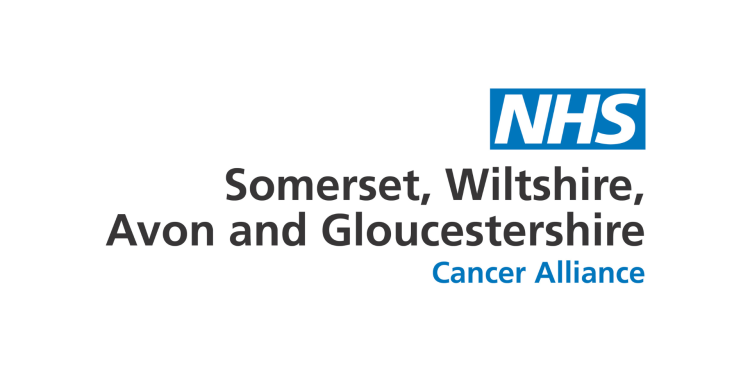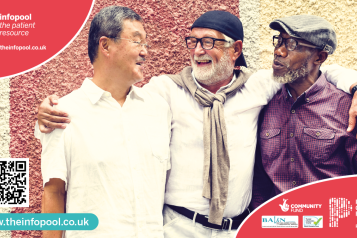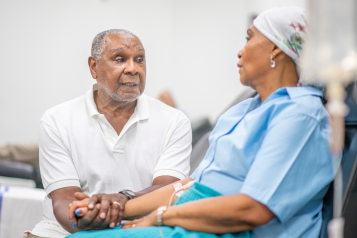Complete our survey - Breaking Barriers: Improving Access to Cancer Services – Including Screening

Breaking Barriers: Improving Access to Cancer Services - Including Screening is a joint project between Healthwatch BNSSG, B&NES, Wiltshire and Gloucestershire and the NHS Somerset, Wiltshire, Avon and Gloucestershire (SWAG) Cancer Alliance.
SWAG Cancer Alliance is committed to improving outcomes for all communities across the region. By working with Healthwatch and local partners, this initiative will help ensure that cancer pathways reflect the diverse needs of the population, including those who may face additional barriers due to language, disability, ethnicity, socio-economic status, or other factors.
We are inviting anyone who has experienced cancer services, especially those from underserved or marginalised communities to share their experiences via an online survey, about challenges with accessing screening, diagnosis, or treatment.
Dr Helen Winter, SWAG Clinical Director, said:
"We know that some groups face greater challenges when it comes to accessing cancer care and we are committed to tackling these inequalities and making sure no one is left behind.
"This survey is a vital step in listening to all voices and ensuring our services are inclusive, accessible and shaped around the needs of every community across the SWAG footprint and beyond."
Who should take part?
The survey is open to anyone who has experience with cancer services, especially those from communities who may face additional barriers.
What will the survey cover?
Participants will be asked about:
- Access to cancer services and any challenges faced
- Communication and information received
- Whether their personal, cultural, or accessibility needs were met
- Trust in local cancer services
- Suggestions for improvement
The survey also includes demographic questions to help identify gaps and target future engagement more effectively.
Phase 2, which looks to launch in early 2026 will see steps being made to help shape more inclusive and accessible cancer care locally.
What happens next?
Survey responses will help shape a deeper phase of qualitative engagement. An initial report will be published in December 2025/January 2026, informing future work to improve cancer care pathways across the region.
How to take part
The survey is available online and will be promoted through local organisations, community groups, and targeted outreach. An easy-read version will also be made available to ensure accessibility.
Get in touch for more information or to request a paper copy of the survey.
About SWAG Cancer Alliance
SWAG Cancer Alliance is one of 21 cancer alliances in England, funded by NHS England’s National Cancer programme. We work across Somerset, Wiltshire, Avon, and Gloucestershire to improve cancer outcomes, access, and patient experience.
We bring together healthcare providers, commissioners, and patients to co-design and transform cancer services. Our focus is on early detection, timely diagnosis, and high-quality treatment and care. By fostering collaboration across primary, secondary, and tertiary care, we empower our clinical leaders to use shared data, evidence-based practices, and innovative systems to drive improvement.
We are reducing variation and tackling inequalities by planning care across organisational boundaries and local cancer pathways.
Find out more: Home - SWAG Cancer Alliance
Cancer outcomes in the UK are significantly influenced by socio-economic and ethnic disparities, with individuals from underserved communities facing poorer access, experience, and survival rates. Within the SWAG Cancer Alliance region, early diagnosis rates vary by up to 11% between the most and least deprived areas, and people in deprived communities experience higher emergency admissions and lower access to clinical trials. Ethnic disparities are also evident, with early diagnosis rates significantly lower among Black populations compared to White populations, and minimal representation in patient experience surveys.


